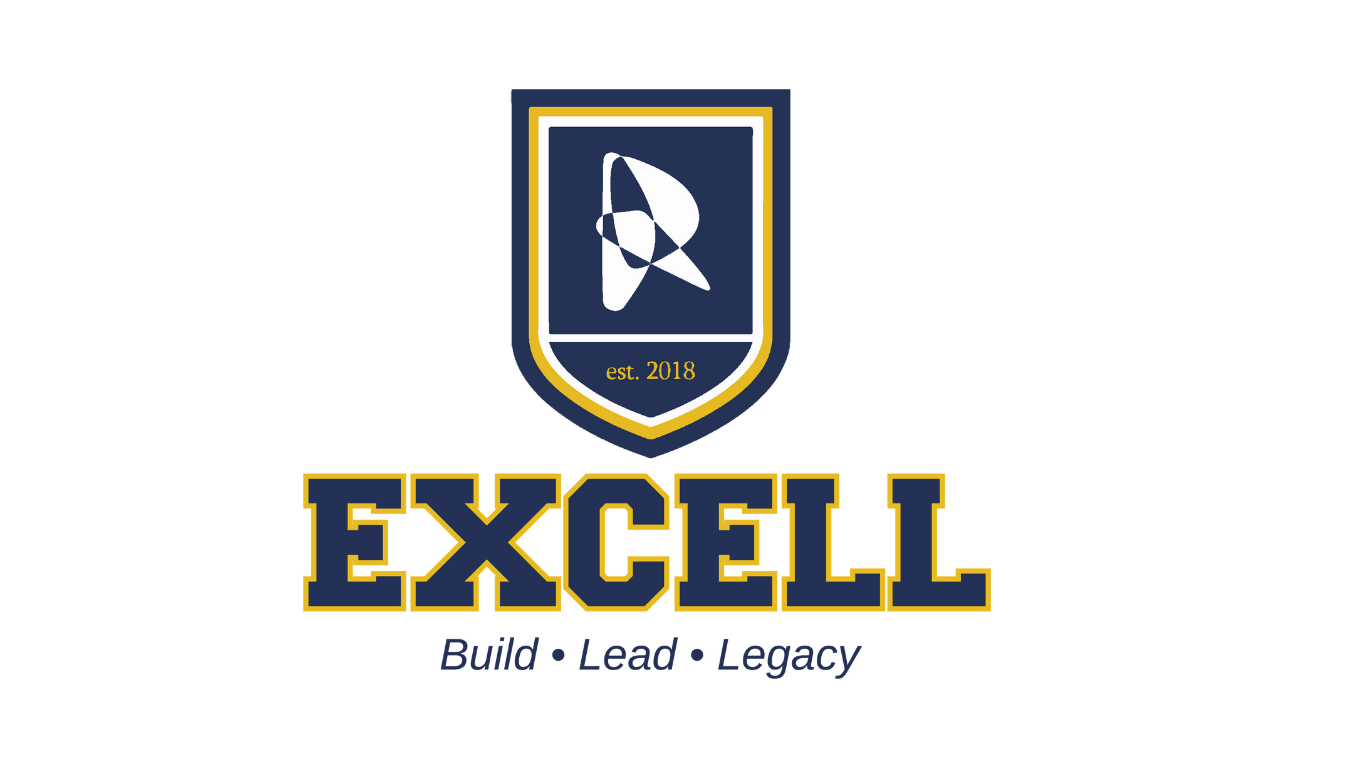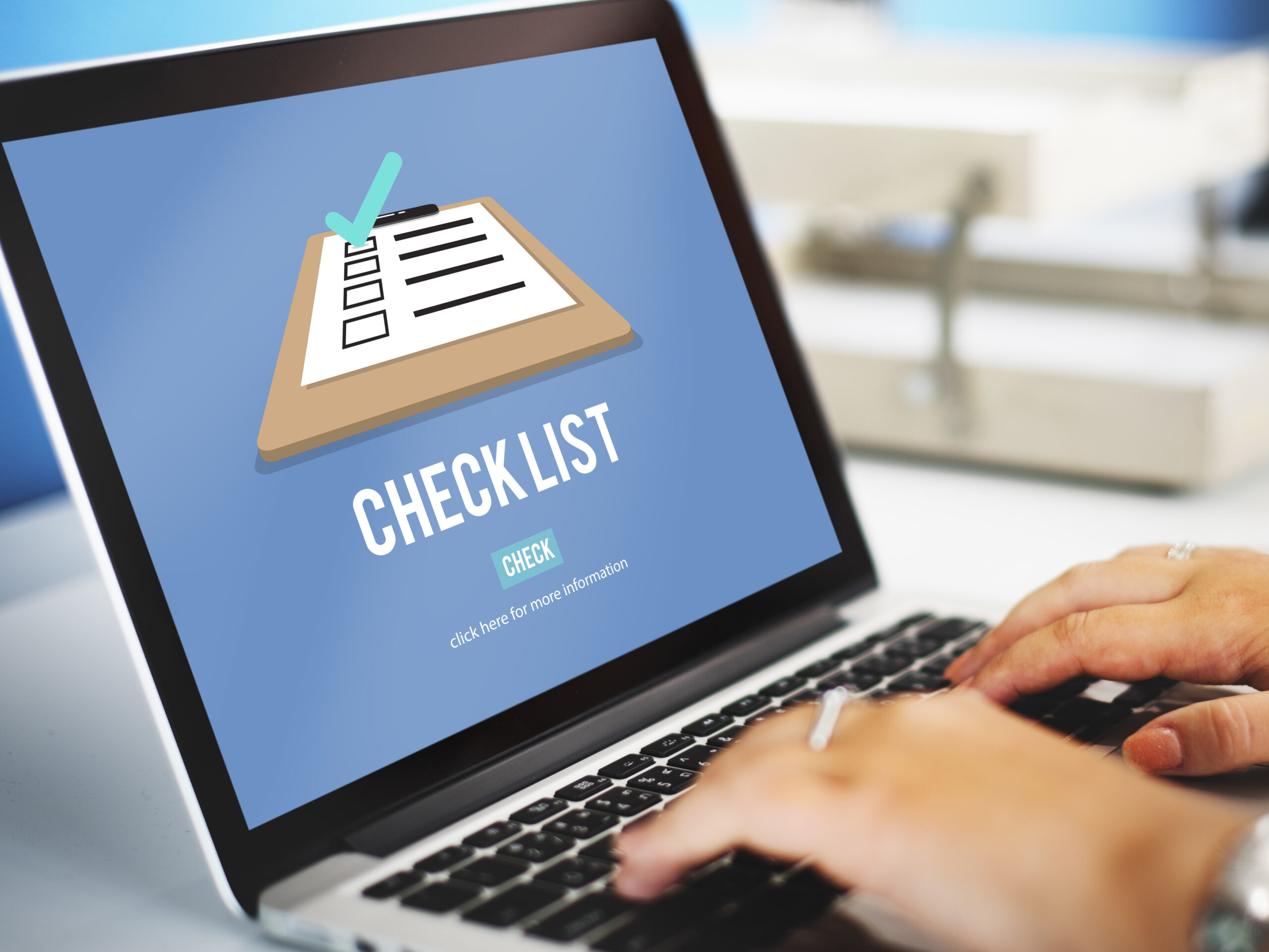Table of Contents:
Introduction
Why SEO Matters
- Increased Visibility: A higher rank in search engine results pages (SERPs) means more exposure and clicks.
- Credibility and Trust: Users generally perceive websites on the first page as more credible.
- Long-Term Results: Unlike paid advertising, the benefits of effective SEO endure over time.
- Competitive Edge: Good SEO can be the difference between success and stagnation in highly competitive industries.
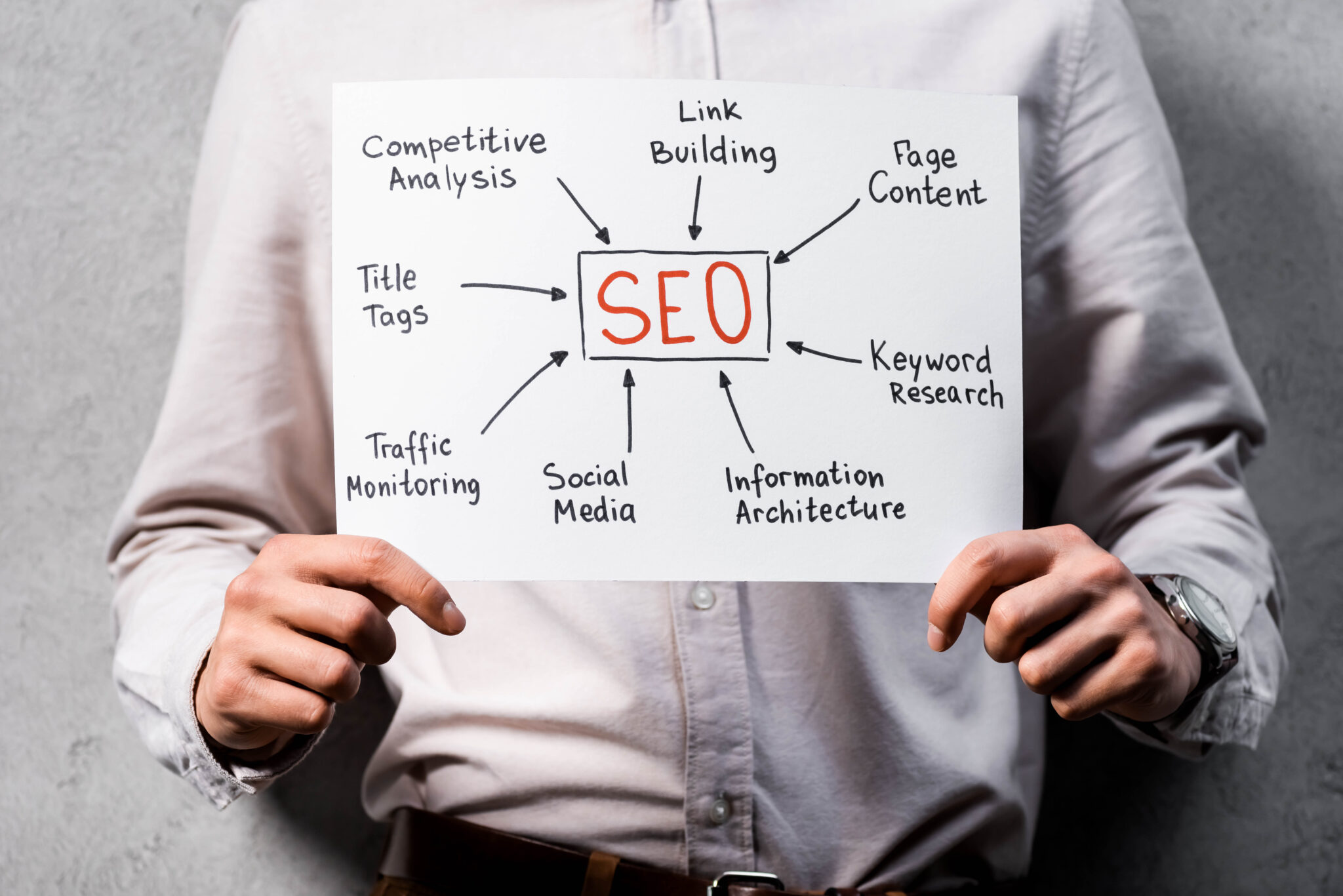
Understanding the Basics of SEO
- Crawling: Automated bots (spiders or crawlers) systematically scan the internet, following hyperlinks from page to page.
- Indexing: Once discovered, each page is analyzed and stored in a massive database.
- Ranking: Algorithms evaluate hundreds of factors to determine the order in which pages appear on the results page.
- On-Page Relevance: High-quality content targeting the right keywords, optimized meta tags, and user-friendly structure.
- Off-Page Authority: The number and quality of backlinks from other reputable websites, social signals, and brand mentions.
- Technical Health: Site speed, mobile responsiveness, proper indexing, security (HTTPS), structured data, and more.
- On-Page SEO: Everything on your website, from keyword usage to content formatting and internal linking.
- Off-Page SEO: Primarily about establishing authority through external backlinks and brand mentions.
- Technical SEO: Improve behind-the-scenes elements like site structure, URL hierarchy, and loading speeds.
On-Page SEO Techniques
On-page SEO remains one of the most controllable aspects of your optimization efforts. By fine-tuning individual pages, you can significantly improve your overall search visibility.

- Includes your primary keyword (e.g., “How to Boost SEO”)
- Ranges between 50-60 characters in length
- Communicates what the page is about
- H1 Tag: Introduce the main topic (generally matches your title)
- H2 Tags: Break down subtopics or major sections
- H3 and Beyond: Offer deeper dives into specific points
- Use it in the URL (if possible).
- Please include it in your title tag, H1, and at least one H2.
- Place it within the first 100-150 words of your content.
- Help users discover related content without leaving your website.
- Pass “link juice” or authority from one page to another, potentially improving rankings across multiple pages.
- File Names: Use descriptive file names (e.g., “how-to-boost-seo-example.png”).
- Alt Text: Provide context for both accessibility and search engines.
- Compression: Use tools or plugins to reduce image file sizes and speed up load times.
Off-Page SEO Strategies
Off-page SEO is about establishing your authority and trustworthiness across the digital ecosystem. Search engines assess your credibility by examining how other sites and users interact with your brand.
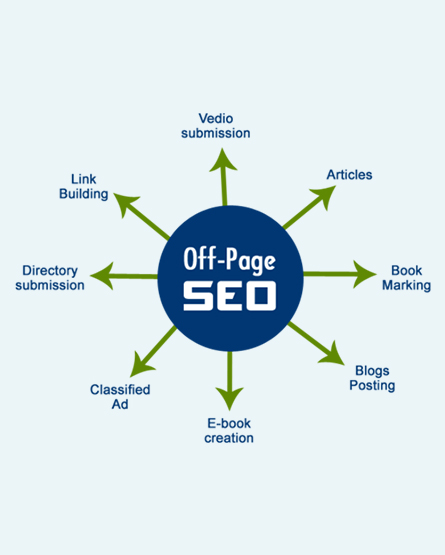
1. Building High-Quality Backlinks
- Relevance: Links from websites in the same or related niche.
- Authority: Links from established and trusted domains (e.g., .edu, .gov, or well-known industry sites).
- Placement: A link within the main content of a page is generally more valuable than one in the footer or sidebar.
Technical SEO Essentials
- Caching: Store static versions of your pages for faster retrieval.
- Minification: Remove unnecessary code from CSS, JavaScript, and HTML files.
- Content Delivery Network (CDN): Distribute your content across global servers to reduce latency.
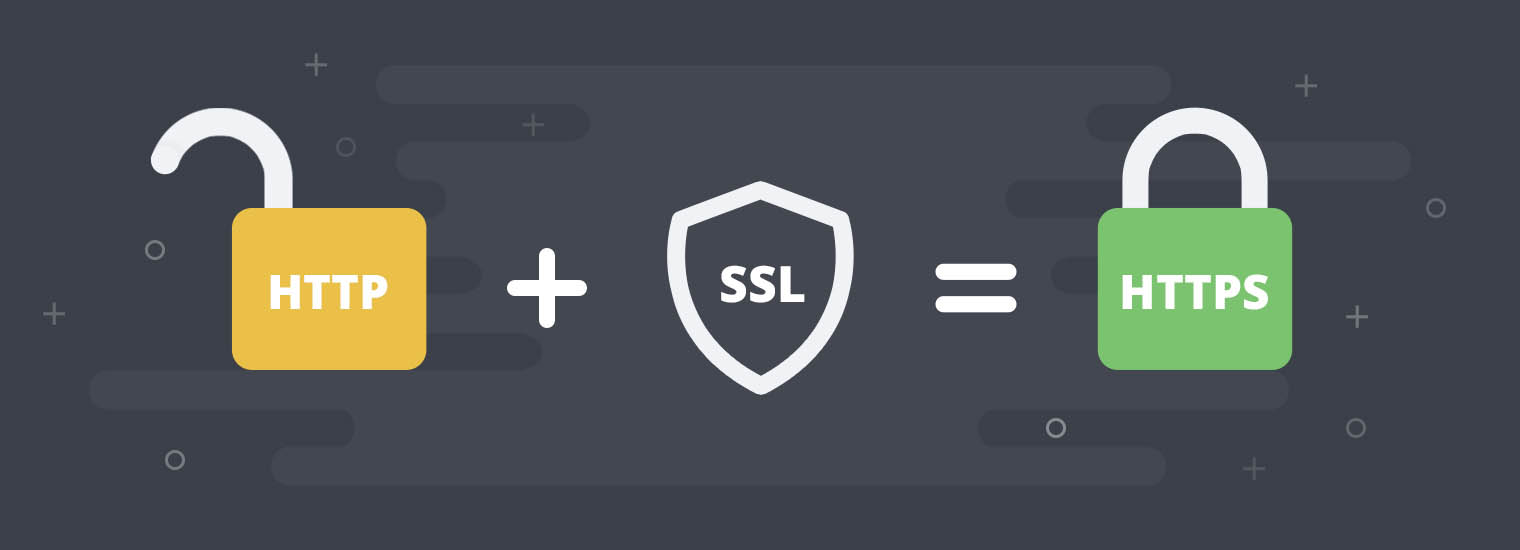
- XML Sitemap: This acts as a roadmap of your site’s important pages, guiding search engines to the content you want indexed.
- Robots.txt: Tells search engines which areas of your site to crawl or ignore, protecting sensitive pages and preventing the unnecessary indexing of internal data.
- 404 Errors: When a page is not found, redirecting visitors to a functional page or custom 404 message helps maintain user experience.
- 301 Redirects: Use 301 redirects to permanently forward an old URL to a new one, retaining any SEO equity from the original page.
Content Marketing and Its Role in SEO
- Keeps your site fresh
- Attracts organic backlinks and social shares
- Increases user engagement and dwell time
- Videos: Great for demonstrating products, providing tutorials, or conducting interviews.
- Podcasts: Ideal for busy audiences who prefer listening while commuting or multitasking.
- Infographics: A visually appealing way to convey data or step-by-step processes.
- Webinars: Provide in-depth coverage of topics, often attracting engaged leads.
- Pillar Page: “Ultimate Guide to E-Commerce SEO”
- Cluster Topics: Product page optimization, link-building strategies, mobile performance tips, etc.
- Email Newsletters: Drive repeat visits from existing subscribers.
- Social Media: Share new posts across platforms relevant to your audience.
- Forum Participation: Engage in industry-specific communities, providing helpful answers and linking to your content when appropriate.
- Paid Channels: Consider boosting visibility with paid ads on Google or social media platforms.
Keyword Research for Success
Keyword research is at the heart of every effective SEO strategy. Understanding exactly what your target audience is searching for helps you tailor your content, product pages, and overall site structure.

- Search Volume: The average number of monthly searches.
- Keyword Difficulty: A score or indication of how hard it might be to rank for that keyword.
- Informational: Long-form guides, blog posts, videos.
- Navigational: Company pages, contact pages, brand or product name queries.
- Transactional: Product pages, service pages, pricing details.
Five Commonly Asked Questions about How to Boost SEO
To further clarify how to boost SEO, here are five commonly asked questions and in-depth answers that can guide your optimization journey.
SEO is a long-term endeavor rather than a quick fix. While some sites might see incremental improvements within a few weeks, significant ranking changes often require 3-6 months—or even a year—of consistent effort. Variables like your site’s age, industry competition, and the quality of your content and backlinks also play significant roles.
Tips for Speeding Up the Process:
- Produce high-quality, keyword-optimized content regularly.
- Focus on acquiring authoritative backlinks.
- Fix technical issues promptly, such as broken links and slow-loading pages.
- Use tools like Google Search Console to expedite indexing by submitting updated sitemaps.

- Guest posting on authoritative blogs.
- Engaging with influencers and industry thought leaders.
- Participating in relevant online communities and discussion forums.
- Creating content assets (infographics, research reports) that people naturally want to link to.
- On-Page: Fix technical errors, ensure fast loading speeds, optimize keywords, and improve content quality.
- Off-Page: Begin link-building campaigns, leverage social media, and collaborate with influencers.
- Write your content around a single core topic.
- Naturally, include secondary keywords or synonyms to cover related sub-topics.
- Avoid keyword stuffing at all costs.
- Share content regularly on platforms frequented by your audience.
- Encourage social sharing with clickable sharing icons or CTAs.
- Engage actively—respond to comments and messages and participate in relevant discussions.
Conclusion
- Enhance On-Page SEO: Refine your titles, meta descriptions, internal links, and headings.
- Strengthen Off-Page Efforts: Build high-quality backlinks, foster influencer relationships, and grow your social media footprint.
- Optimize Technical Infrastructure: With clean code and proper indexing, keep your site mobile-friendly, secure (HTTPS), and speedy.
- Leverage Content Marketing: Produce and promote valuable, user-focused content that meets specific search intents.
- Master Keyword Research: Identify relevant keywords and map them to the correct pages to capture a wide range of potential customers.

Contact us:
6420 Richmond Ave., Ste 470
Houston, TX, USA
Phone: +1 832-850-4292
Email: info@excellofficial.com
